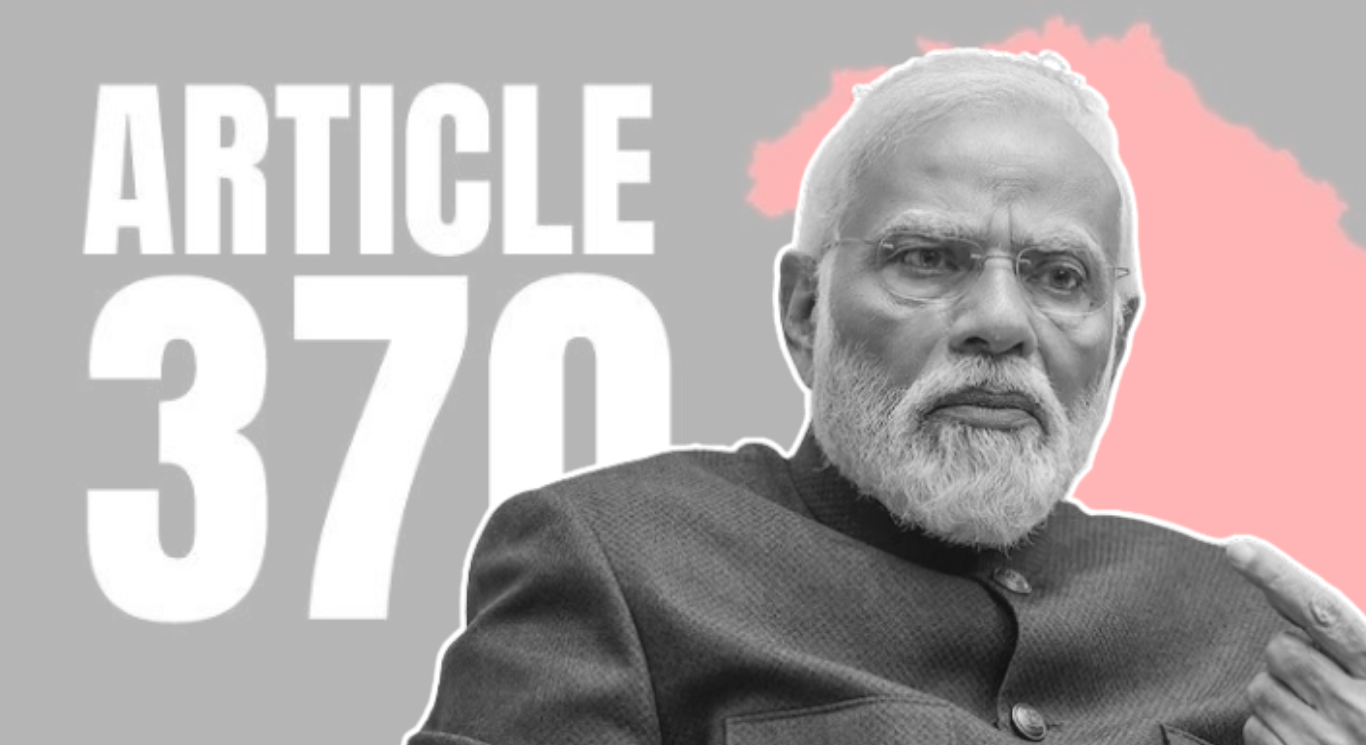




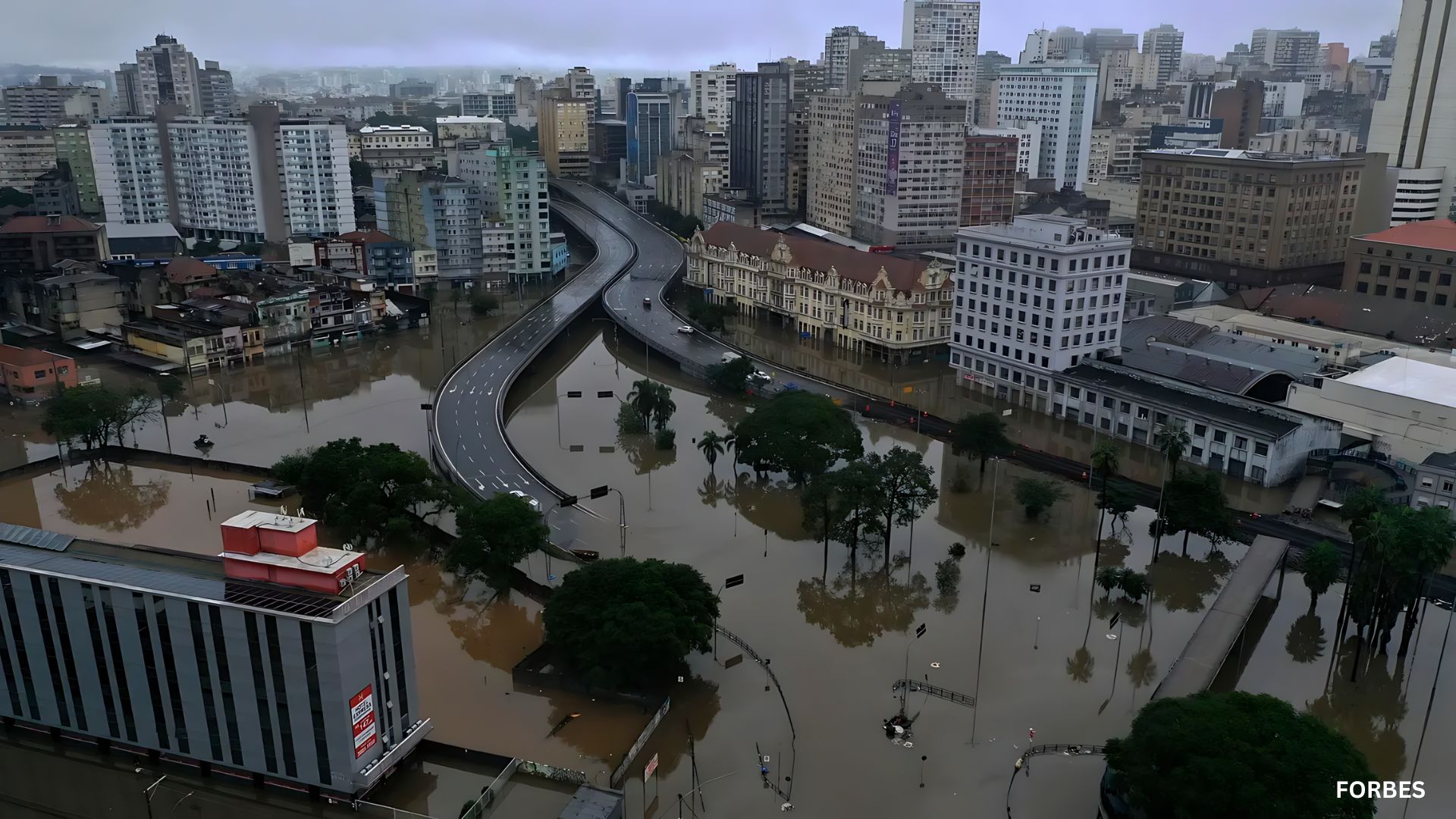
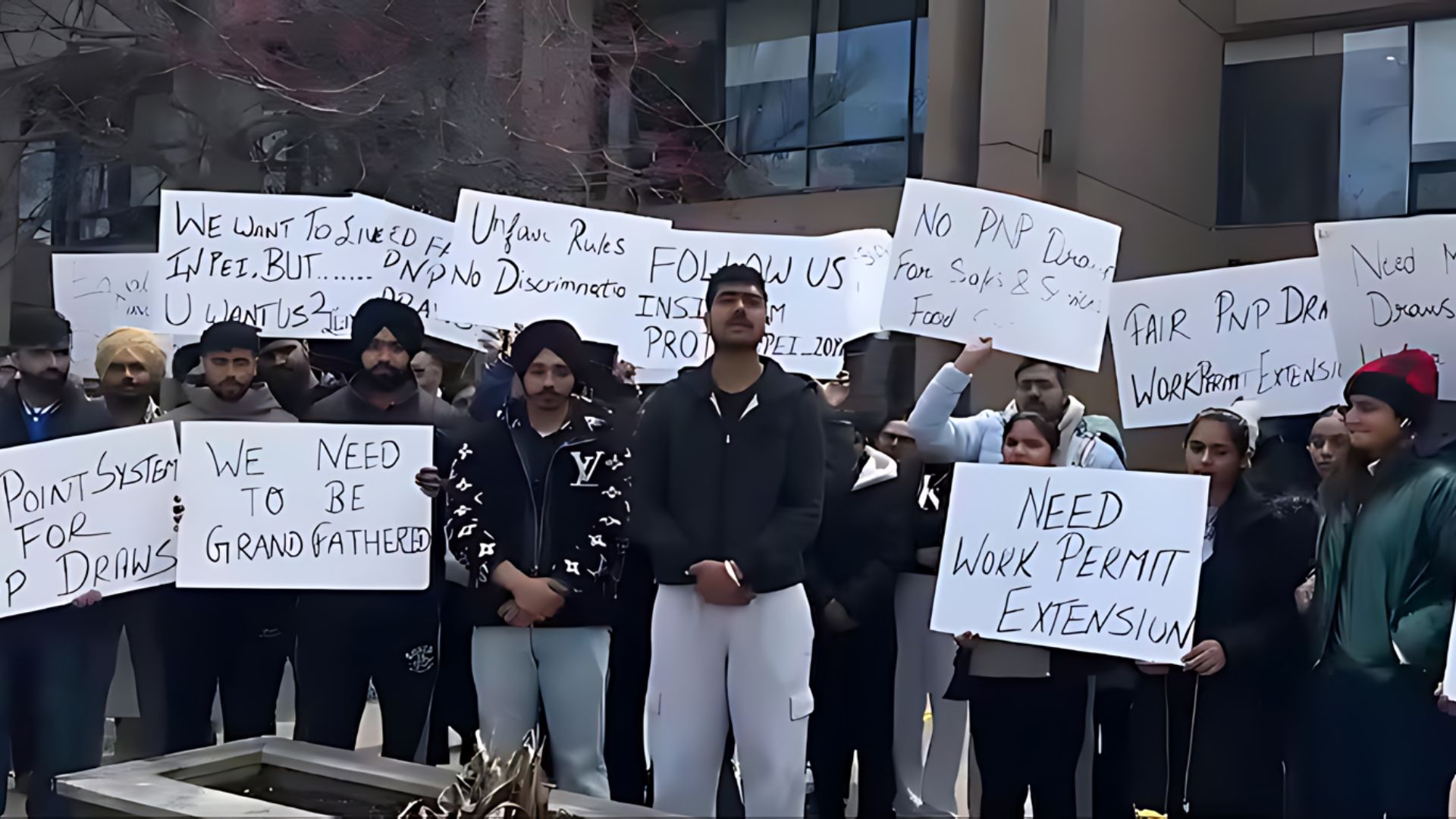

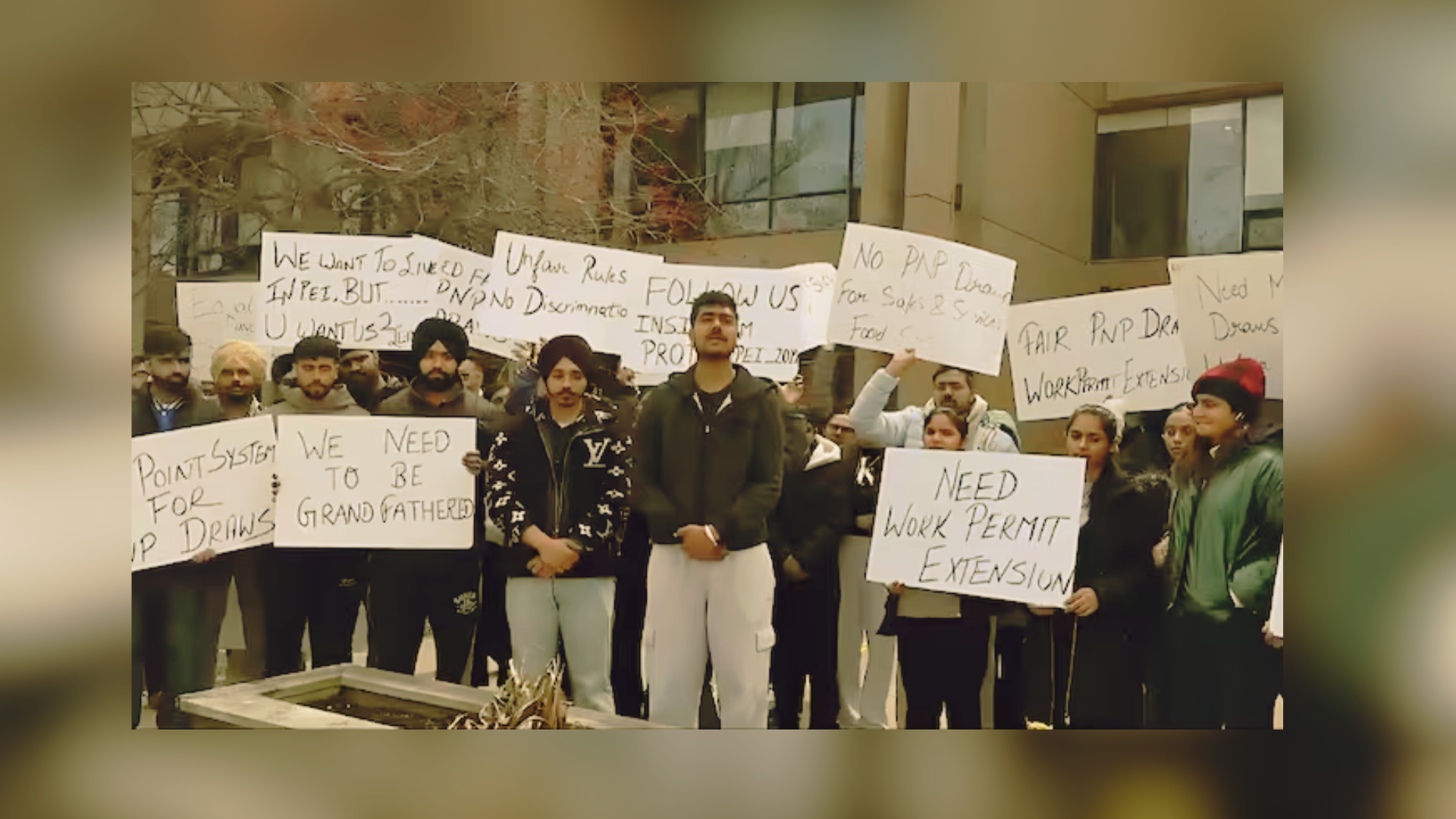

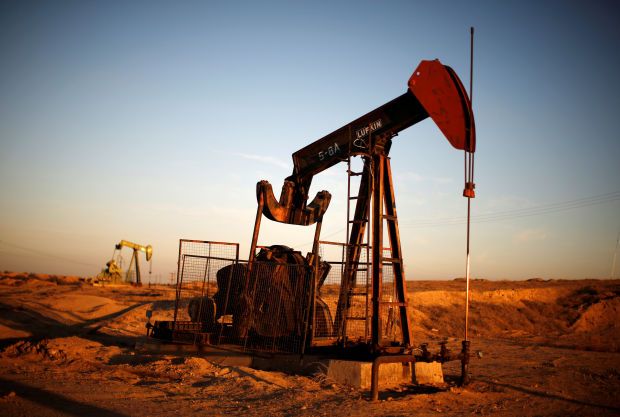
India has expressed vigilance in observing the ongoing Israel-Hamas conflict, assuring that it will manage its energy requirements prudently. Union Petroleum Minister Hardeep Singh Puri made this statement during a press conference in New Delhi, emphasizing India’s careful approach in light of the situation’s global energy implications.
“We will handle it with maturity. Regarding the energy sector, the region where the conflict is occurring holds significant importance in global energy dynamics. We will closely monitor the situation and navigate accordingly. Such uncertainties encourage the pursuit of sustainable and cleaner fuel options,” Puri remarked.
Global crude oil prices surged on Monday as the Israel-Hamas conflict entered its third day, resulting in substantial casualties. Brent crude, a prominent global benchmark, briefly rose by approximately 5% before undergoing a partial correction. At present, it trades 2.53% higher at USD 86.75 per barrel, with the WTI variant experiencing a similar increase.
Ravindra V.Rao, VP-Head Commodity Research at EPAT, noted that oil prices surged by more than 4% in early Asian trading due to concerns surrounding the Hamas attack on Israel, which has the potential to inflame tensions in the Middle East—a region responsible for around one-third of the world’s crude oil production.
Deepak Jasani, Head of Retail Research at HDFC Securities, suggested that the market’s response would depend on whether the conflict spreads throughout the broader Middle East. Oil traders are also closely monitoring Iran, a major oil producer and supporter of Hamas.
In related developments, OPEC is expected to release its annual World Oil Outlook, offering updated long-term forecasts for demand and supply dynamics.
India, a substantial importer of crude oil from diverse sources, faces potential challenges due to the recent price pressures on energy. The Reserve Bank of India (RBI) expressed serious concerns about rising inflation and its potential impact on economic growth. RBI Governor Shaktikanta Das identified high inflation as a significant risk to macroeconomic stability and sustainable growth.
Since the outbreak of the Russia-Ukraine conflict in February 2022, energy prices have consistently risen. India, with its extensive consumer base, has procured significant quantities of crude oil from Russia and other potential sources, emphasizing the importance of aligning oil imports with national interests.
Minister of Petroleum and Natural Gas Hardeep Singh Puri has consistently urged OPEC to consider the economic situation and promote pragmatism, balance, and affordability in oil markets. During the annual Abu Dhabi International Petroleum Exhibition and Conference (ADIPEC) in October 2023, Puri held bilateral discussions with OPEC Secretary-General Haitham Al-Ghais, advocating for global energy market stability to ensure that crude oil prices remain manageable for consuming countries.
In summary, OPEC and OPEC+ have collectively reduced global oil availability by approximately 5% since 2022, causing Brent prices to surge from approximately USD 72 per barrel in June to roughly USD 97 per barrel in September 2023. The Minister highlighted that these production cuts contributed to a 34% increase in crude oil prices over the last three months, underscoring the need for balanced global energy markets.
Also Read: Israel-Hamas Conflict: Crude Oil Prices Surge Globally
Catch all the Latest Business News, Breaking News Events, and Latest News Updates on NewsX









